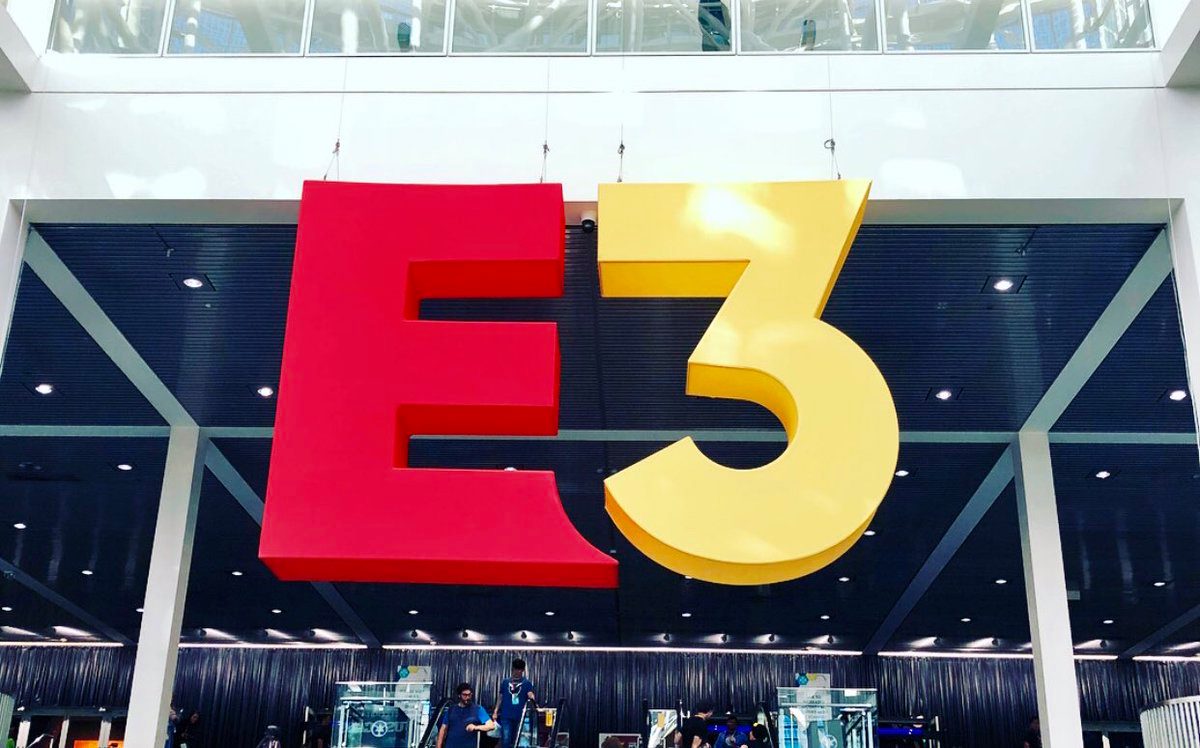
Sci&Tech Editor Sophie Webb explores the downfall of E3 in relation to new means of communication
The 2020 iteration of E3 was cancelled due to the COVID-19 pandemic
Between 1995 and 2019, the annual Electronics Entertainment Expo – “E3” – was perhaps the crescendo of the video game marketing industry’s year. More than a trade show where developers demonstrated the latest advances in entertainment technology, it was a cultural event synonymous with the eagerly-awaited announcement of the newest game and console releases. If there was a certain game you were looking forward to in the coming years, then part of the fun was waiting for the inevitable trailer to debut at E3. Many of us, myself included, will have youthful memories of keeping an eye on blogs and livestreams of the event, in hopeful anticipation of catching a glance at particular projects in the pipeline at Nintendo, PlayStation or Xbox.
This online event fell short of many fans’ expectations
As was the case for just about any large-scale public event due to take place at the time, the 2020 iteration of E3 was cancelled due to the COVID-19 pandemic. An in-person event was deemed inappropriate in 2021 also, but a virtual version was organised in its place. This online event fell short of many fans’ expectations, with the proceedings described as underwhelming and ‘messy’. In 2022, waning interest meant that the in-person event once again did not go ahead, while no virtual equivalent took place either. Despite organisers’ attempts to revive the event for 2023, E3 was permanently discontinued in December. But what sequence of events caused this former staple of the video gaming industry to close its doors?

The nature of the gaming industry itself is thought to have changed in the last decade
While the pandemic indeed had a far-reaching impact on the organisation of large public events, it cannot be solely blamed for E3’s demise, as this process is likely to have started before 2020 came around. The nature of the gaming industry itself is thought to have changed in the last decade, given the rise in standalone marketing presentations broadcast by giant game publishers, such as Nintendo Direct. Gone are the distant days where presenting new releases to the media and public attending E3 was the most time- and cost-effective marketing strategy; today, publishers can beam content directly to where it needs to be, and on their own terms. Given this inevitable technological leap, publishers could not be blamed for raising concerns about the costs of presenting at a certain doomed annual convention, and driving its decline in industry power.
The argument can be made that streaming is what ‘killed’ E3
The argument can be made that streaming is what ‘killed’ E3. Today, audiences expect continuous content, made highly accessible and readily available. With gaming publishers able to keep us in the loop throughout the game development process, we have most likely seen the end of the synchronous era of the gaming industry, during which audiences were forced to adhere to the supposed tyranny of a timetabled schedule each year. Despite the sense of community-building and overall good vibes that E3 was able to provide, as a prism through which pretty much all gaming hype was once channelled, it appears our need for on-demand content and news updates has prevailed.

The ever-evolving ways in which information can now be disseminated continuously means that the landscape of gaming marketing is changing, and even icons of the industry, such as the once-formidable E3, cannot consider themselves immune to waning interest. Building hype for upcoming game releases is now at the discretion of individual publishers and the events which they choose to run independently, meaning that the power to drive interest (and sales) lies with them, and not with the organisers of a costly convention. Individual preference decides whether this new-found autonomy is worth the sacrifice of a community-focused event – an event which will remain nostalgic for many.
Read more Gaming News here:
The Game Awards 2023 Nominees Announced
Comments